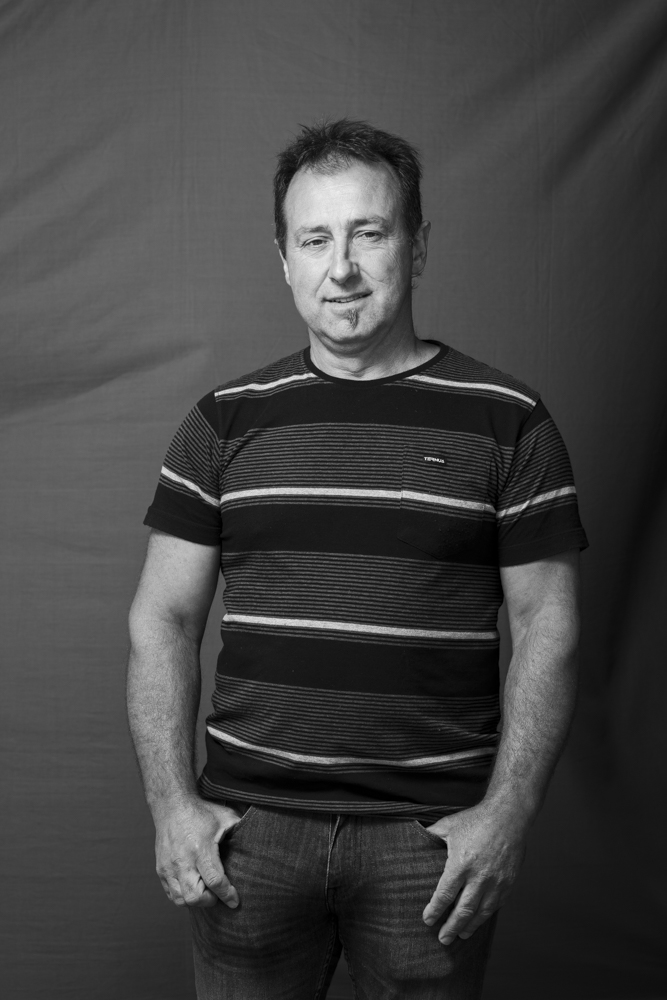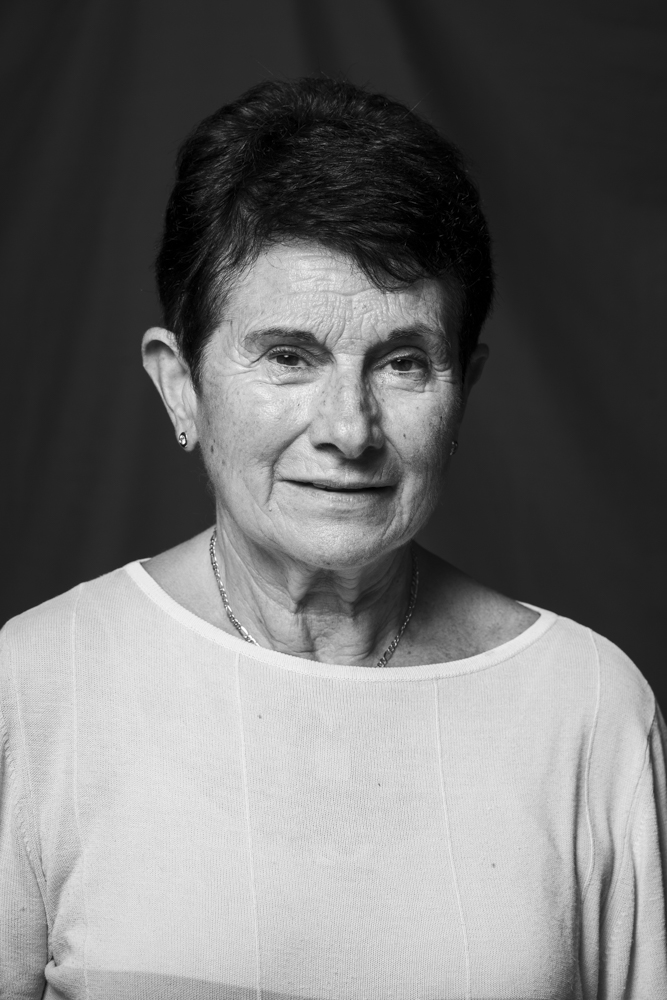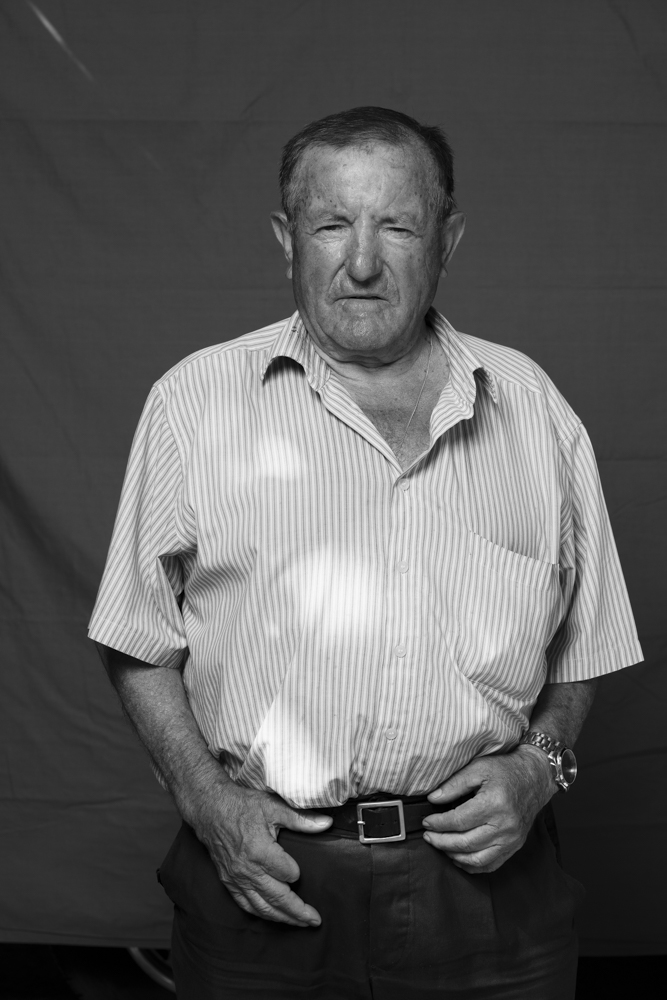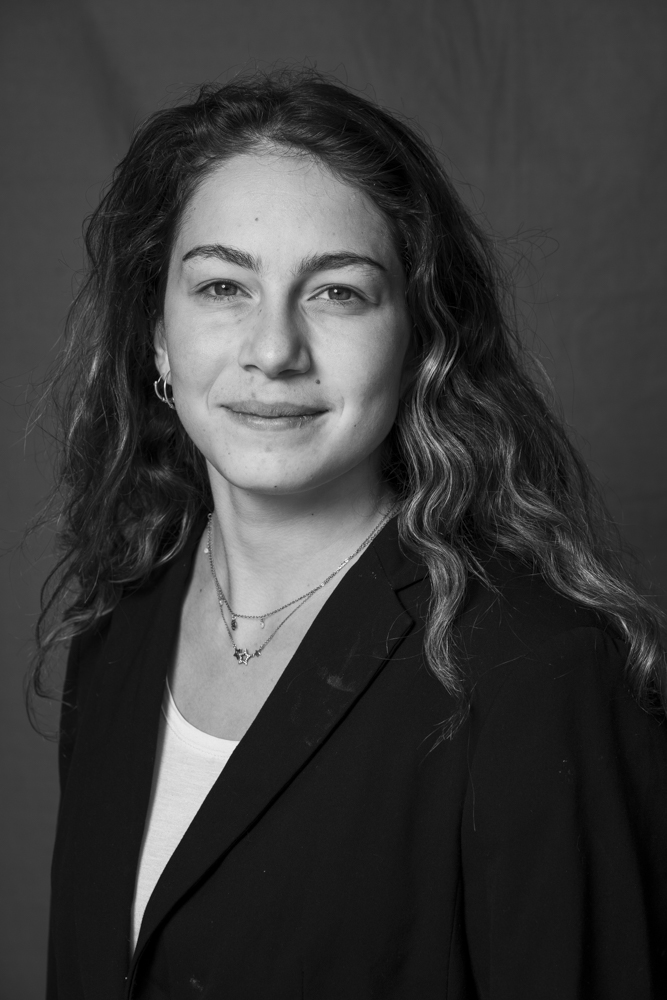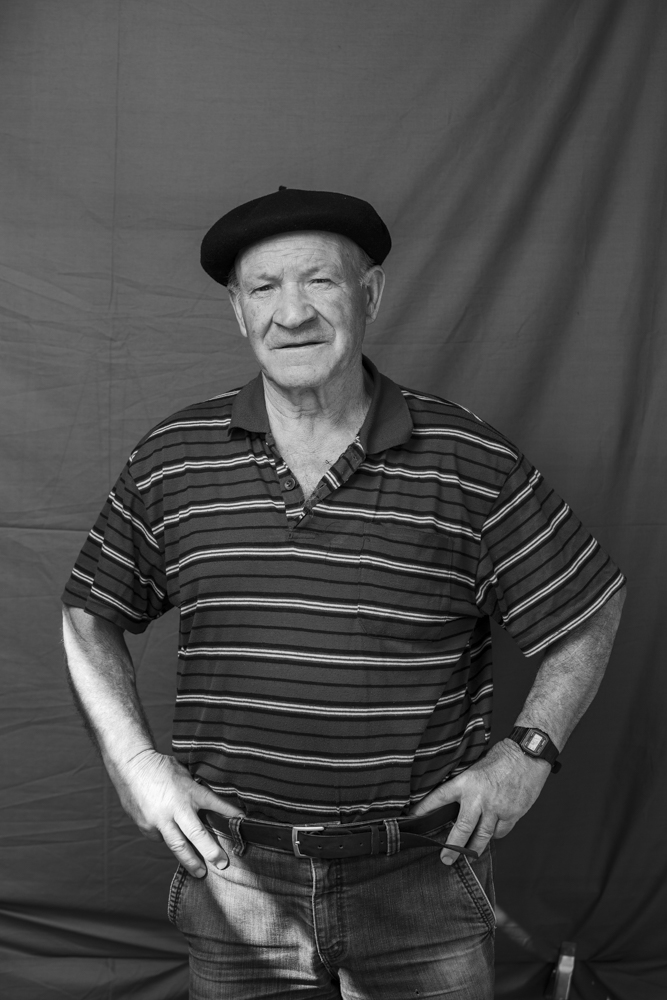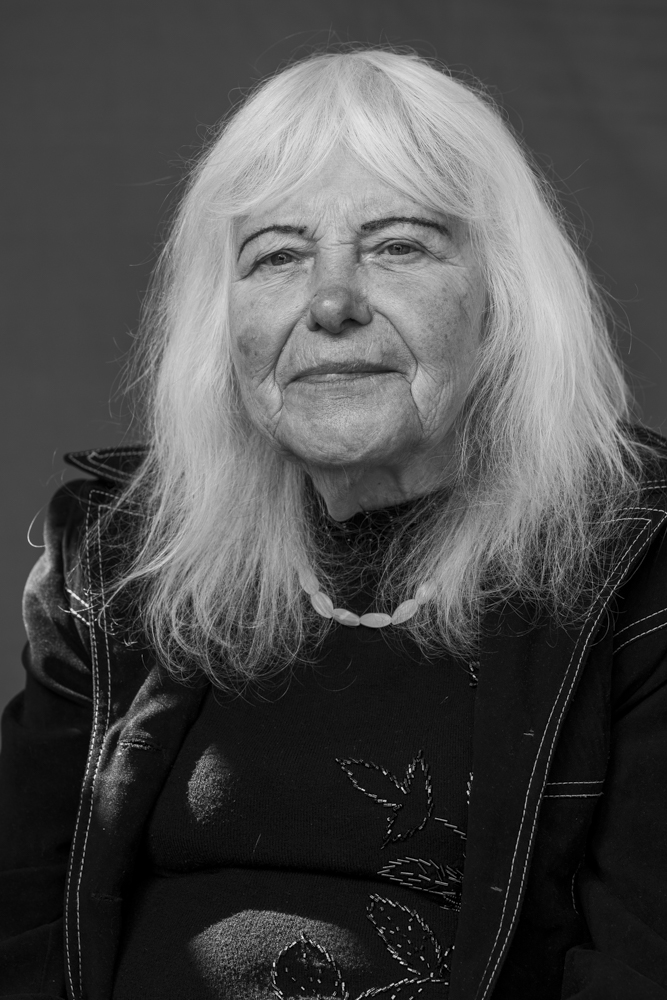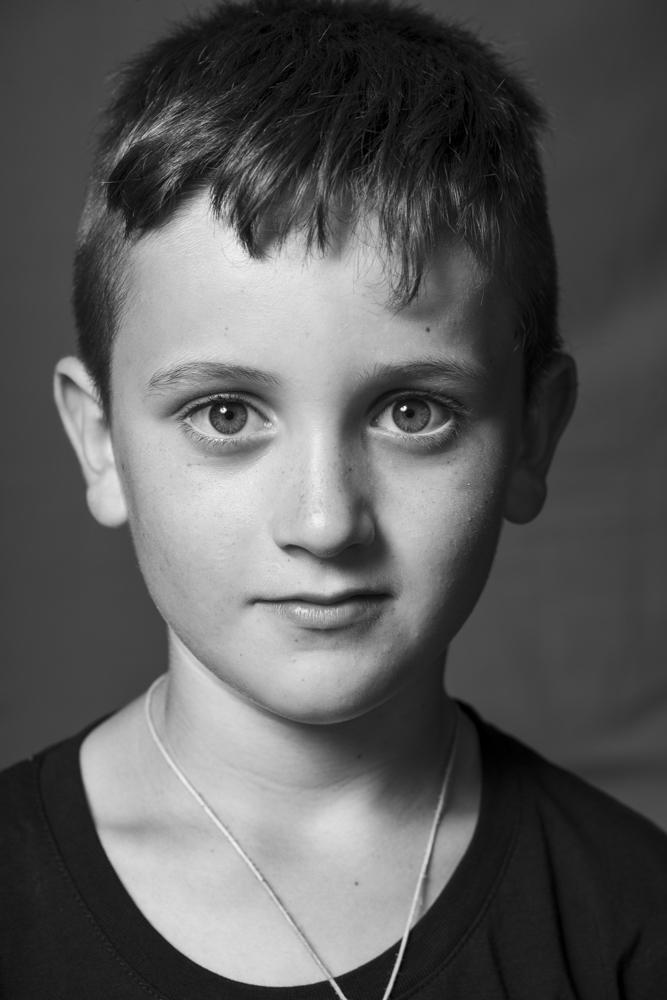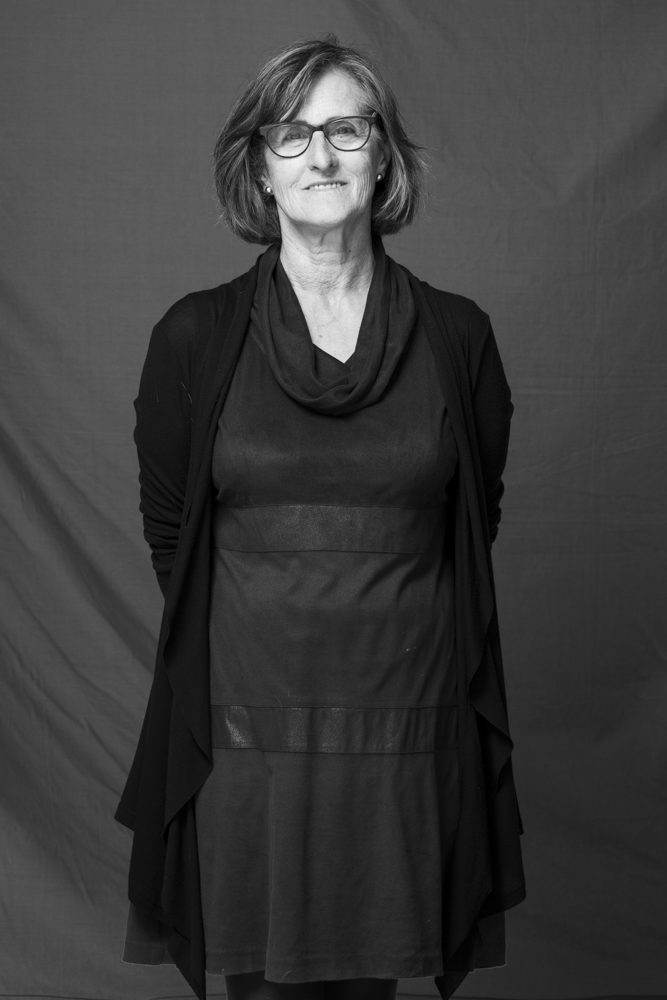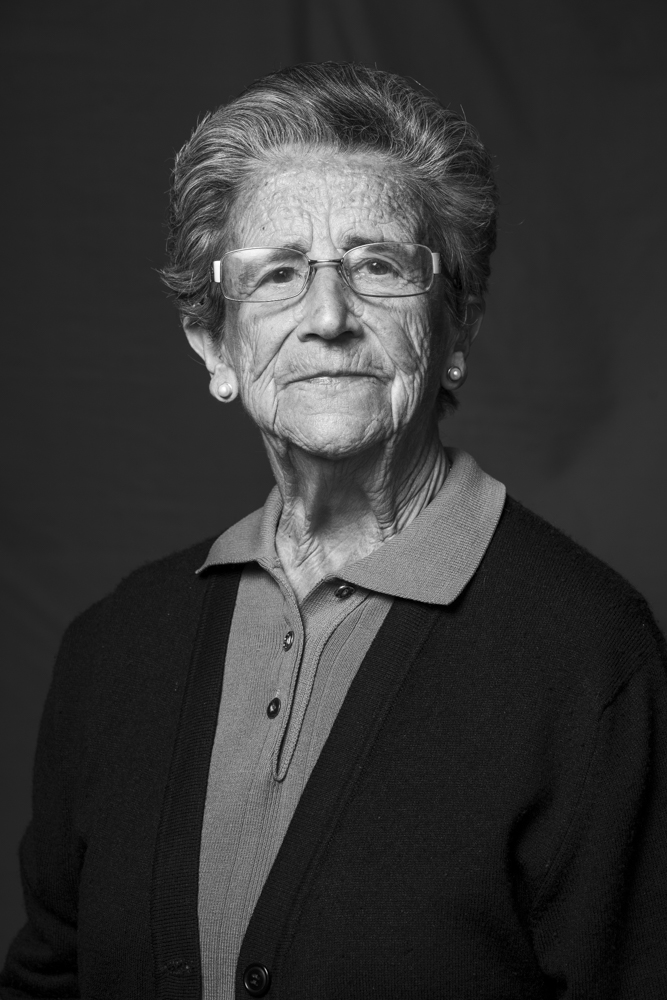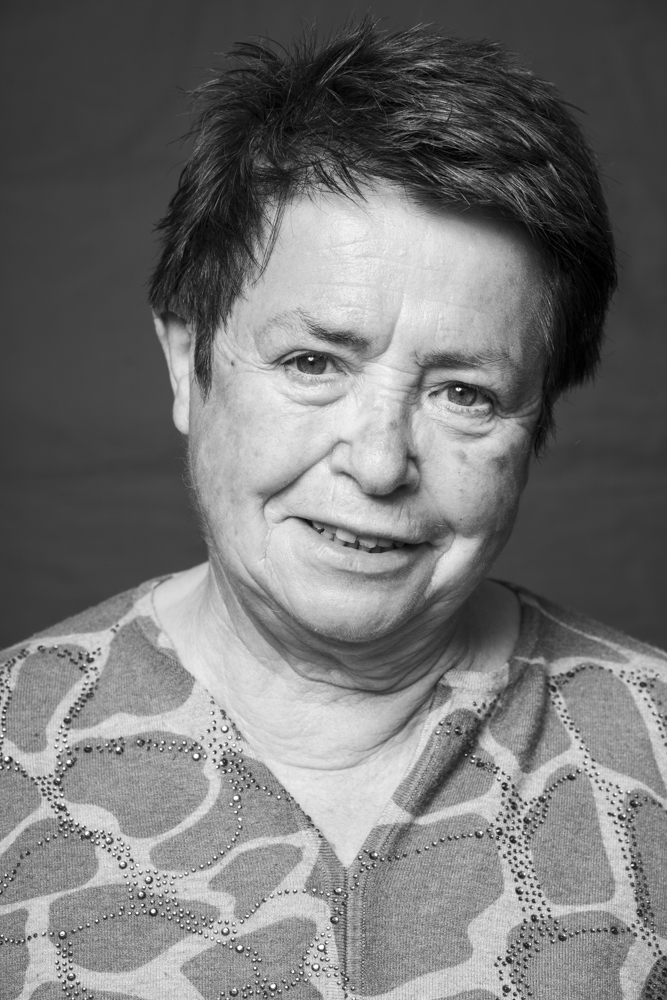Migration has been, at different times in history, a major factor in determining the future of peoples. In the case of Fuentestrún, migration to and from Chile has marked the histories of many of its families.
In Marisa’s family, the links with Chile are part of her DNA. Her father was from Fuentestrún and her mother was Chilean. They met in Santiago de Chile, when Marisa’s father, following in the footsteps of her uncle Lorenzo, went to the Latin country in search of a better future. Eventually, they returned to the village and their sons and daughters, among them Marisa, Anice, Aida and Fatima, whom we met during our visit, grew up in Fuentestrún. However, the link with Chile was always kept alive in their home, where every letter, photo and visit was celebrated, a link that has not been broken. Marisa and practically all her sisters and brothers have at some point visited their relatives on the other side of the pond and continue to maintain a close bond.
Another curious fact is that this relationship with Chile, as well as being palpable in the families, can be seen in other aspects, such as demographics and culture. We were told that so many Fuentestrunos emigrated to Chile that, thanks to dual nationality, the number of people living abroad with the right to vote in municipal elections exceeds the number of registered voters. In addition, the Chilean community, back in their country, has continued to maintain customs, traditions, dances and even to celebrate the fiestas of San Pedro, so typical of Fuentestrún.
There is no doubt that the roots of Fuentestrún are maintained thanks to its community, both inside and outside the town.

